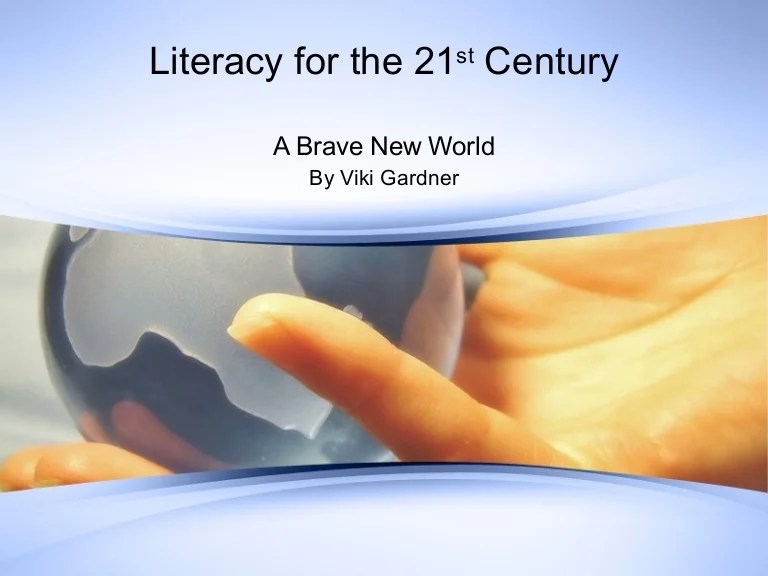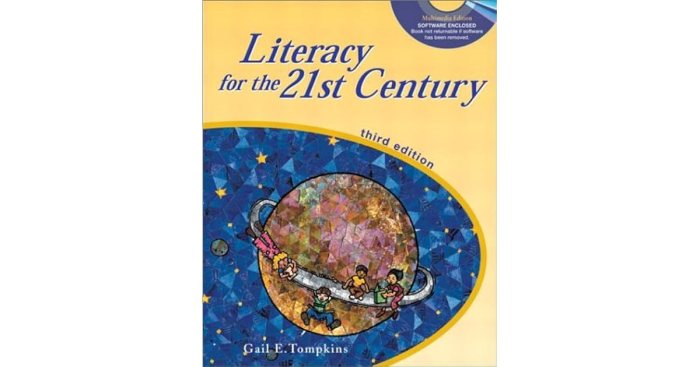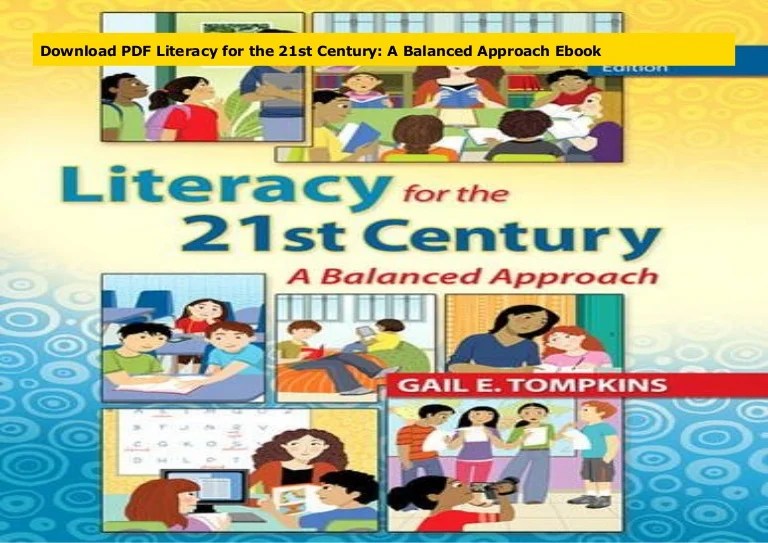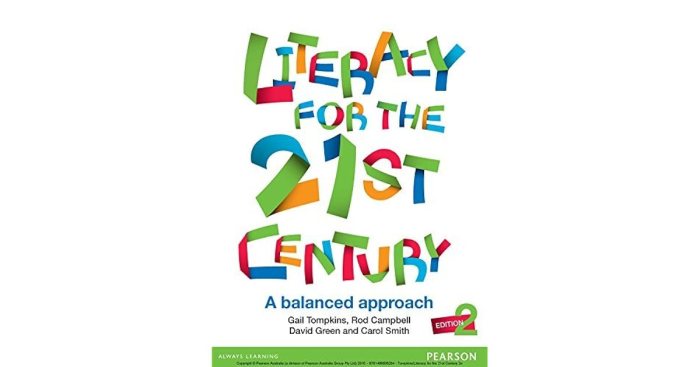Literacy for the 21st century 8th edition pdf – Literacy for the 21st Century: 8th Edition PDF delves into the ever-evolving landscape of literacy, exploring the profound impact of technology and the essential components that define literacy in the modern age.
This comprehensive guide provides a roadmap for educators, researchers, and policymakers, offering insights into the challenges and opportunities of assessing literacy skills, effective pedagogical approaches, and the crucial role of technology in fostering literacy development.
Defining Literacy in the 21st Century
Literacy in the 21st century is a multifaceted concept that encompasses more than just the ability to read and write. It involves the ability to access, analyze, and communicate information effectively in a variety of formats and across multiple platforms.
The impact of technology on literacy skills and definitions has been profound. Digital literacy, which includes the ability to use and understand digital tools and technologies, has become an essential component of 21st-century literacy.
Key Components of 21st-Century Literacy

Essential elements of literacy in the 21st century include:
- Reading and writing skills
- Digital literacy
- Information literacy
- Critical thinking and problem-solving skills
- Collaboration and communication skills
These components manifest in real-world situations, such as the ability to navigate and understand online content, participate in online discussions, and create and share multimedia content.
Assessment and Measurement of Literacy: Literacy For The 21st Century 8th Edition Pdf

Assessing literacy in the 21st century presents challenges due to the evolving nature of literacy skills and the need to consider multiple literacies. Innovative methods and approaches for measuring literacy skills include:
- Performance-based assessments
- Portfolio assessments
- Computer-based assessments
- Multimodal assessments
Pedagogical Approaches to 21st-Century Literacy
Effective teaching strategies for fostering literacy in the 21st century include:
- Inquiry-based learning
- Project-based learning
- Differentiated instruction
- Technology-enhanced instruction
- Collaboration and peer learning
The Role of Technology in 21st-Century Literacy
Technology plays a multifaceted role in supporting and enhancing literacy skills. It provides:
- Access to a vast array of information
- Tools for creating and sharing content
- Opportunities for collaboration and communication
- Platforms for assessment and feedback
Integration of technology into literacy instruction and assessment is essential for developing 21st-century literacy skills.
Literacy and Social Justice

Literacy is inextricably linked to social justice. It empowers individuals to participate fully in society, access information, and advocate for their rights. Promoting literacy is a crucial step towards creating a more equitable and just world.
Future Directions for Literacy Research and Practice

Emerging trends and future directions in literacy research and practice include:
- Focus on multimodal literacy
- Exploration of the role of artificial intelligence in literacy
- Investigation of literacy in diverse populations
- Development of innovative assessment tools
Literacy will continue to evolve in the coming years, and research and practice must adapt to meet the changing needs of learners.
FAQ Section
What are the key components of 21st-century literacy?
Essential components include critical thinking, problem-solving, collaboration, communication, information literacy, media literacy, and technological literacy.
How can technology enhance literacy skills?
Technology provides interactive learning platforms, personalized learning experiences, access to vast information resources, and tools for collaboration and communication.
What are effective pedagogical approaches for fostering literacy in the 21st century?
Effective approaches include inquiry-based learning, project-based learning, differentiated instruction, and the integration of technology into literacy instruction.